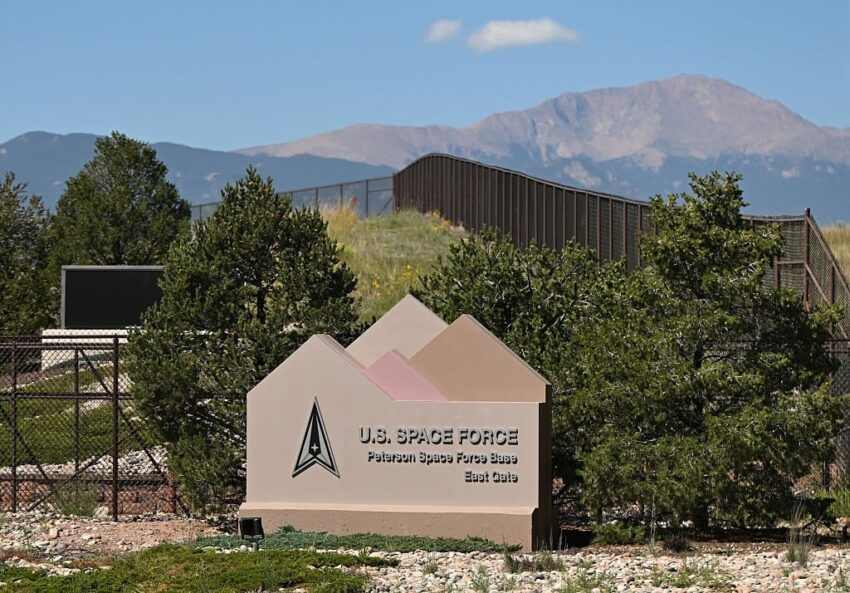A new Mitchell Institute report on U.S. space operations challenges the U.S. Space Force to do more in advancing capabilities essential for maintaining space superiority. The report argues that the ability to repair and refuel satellites on-orbit, though widely recognized as necessary, has yet to become a priority mission.
### Dynamic Space Operations: A Critical Capability
Performing such missions falls under what the Mitchell Institute refers to as Dynamic Space Operations (DSO). This capability is vital for the U.S. to keep pace with growing threats and advancements by China in the space domain. DSO envisions U.S. Space Force assets maneuvering dynamically in orbit to ensure key satellite arrays are refueled, repaired, and maintained.
If a U.S. satellite is disabled following an enemy cyberattack, jamming, or an anti-satellite missile strike, quickly reconstituting these forces is invaluable. Being able to maneuver sensor satellites and space-borne interceptors is an essential aspect of space defense.
### The Emerging Warfighting Domain of Space
As President Donald Trump’s “Golden Dome for America” missile defense program takes shape, space operations will be crucial to its success. Interceptors deployed in space are a key element of this initiative, though they present significant technical challenges.
According to the report, achieving on-orbit maneuvering and servicing capabilities cannot be overstated. China has already demonstrated leadership in orbital refueling. Air & Space Forces Magazine noted that China conducted an on-orbit refueling operation this past summer in geosynchronous orbit, successfully transferring fuel between satellites.
### China’s Expanding Space Threat
During a Mitchell Institute presentation on November 6, senior resident fellow for space studies Charles Galbreath highlighted sobering facts about the Chinese threat in space. China’s ambition to supplant the U.S. as the leading space power cannot go unchecked. The U.S. economy and military depend heavily on technologies and services originating from space, and whoever controls space will set the norms and standards for decades to come.
China is expanding a global network of sensors capable of tracking U.S. geosynchronous satellites used for space situational awareness by the U.S. Space Force (USSF). This network can “find, fix, track, and target” any U.S. or allied satellite.
Additionally, China is rapidly increasing both its satellite launch rate and number of satellites on orbit. This expansion includes numerous intelligence, surveillance, and reconnaissance satellites forming a “kill-web” to boost China’s anti-access and area denial capabilities in space.
China has also demonstrated the capability to grab and reposition satellites and engage in multi-satellite “dogfighting.” Earlier this year, China successfully conducted an on-orbit refueling operation, extending the mission lifespan of one of its satellites.
### The Logjam in Advancing U.S. Space Logistics
Galbreath acknowledges the critical need for in-space servicing, assembly, and manufacturing to build, upgrade, and repair satellites on orbit. These capabilities would bypass the size and weight constraints imposed by ground launches.
So, why hasn’t the U.S. been more proactive in advancing DSO? The report identifies a “chicken and egg” dilemma: the aerospace and defense industry awaits a clear government requirement and funding commitment, while government leaders wait for commercial space logistics infrastructure to mature.
Breaking this logjam will require a bold decision by either government or industry. The industry is hesitant to take on the risks of developing on-orbit logistics infrastructure—currently nonexistent—without a strong demand signal. Meanwhile, the Pentagon, positioned best to push the effort forward, has yet to establish a program of record with dedicated funding.
### The Need for Congressional Support
For DSO to become a reality, the U.S. Space Force must recognize it as a critical requirement, establish a dedicated program office, and secure consistent funding. However, funding decisions depend on Congress, which so far has failed to provide a reliable financial stream. Without this support, effective planning and programming for advanced space operations remain nearly impossible.
Though these impediments hinder progress, they do not lessen the critical need for a space logistics system. The looming Chinese threat in space only makes the urgency more pronounced.
—
*The views expressed in this article are those of the author and do not represent any affiliated organization.*
https://www.libertynation.com/space-force-must-speed-up-work-fielding-capabilities/
